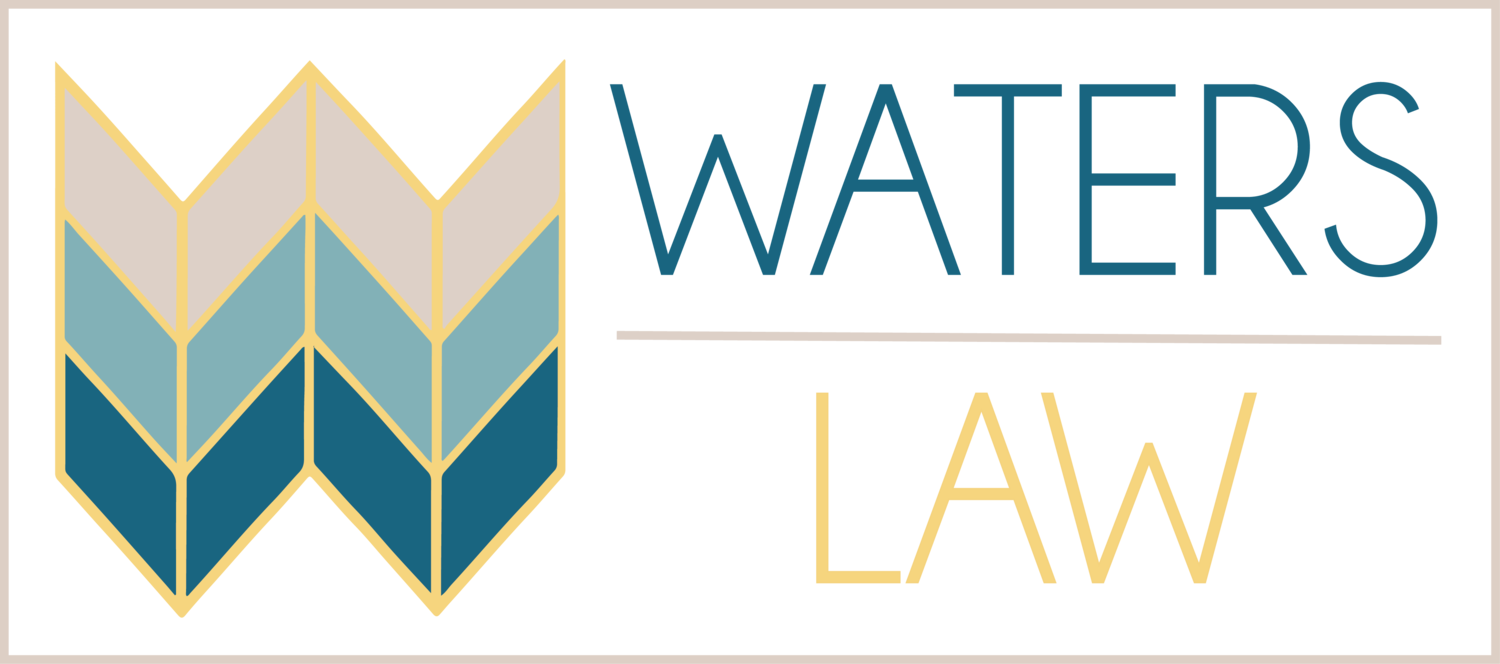But I Have a Power of Attorney...Isn’t That Enough?
Having a Power of Attorney is an important part of your estate plan, but it’s only one piece of the puzzle. A Power of Attorney is a legal document that allows you to name someone you trust to handle your financial and/or medical decisions if you are unable to make them yourself. Most people don’t know this, but Powers of Attorney only work while you’re alive—when you die, they essentially become null and void. A truly effective estate plan looks at the full picture—covering what happens during your lifetime and after you're death.
Types of Powers of Attorney
A Financial Power of Attorney is a legal document that allows you to appoint someone you trust—often called your “agent” or “attorney-in-fact”—to handle financial and legal matters on your behalf. This can include managing your bank accounts, paying your bills, signing documents, handling real estate transactions, and more. It’s a critical tool if you become incapacitated, travel frequently, or simply need help managing day-to-day financial matters. Your agent’s authority ends immediately upon your death.
A Power of Attorney for Healthcare—sometimes called a Medical Power of Attorney—allows you to name someone to make medical decisions on your behalf if you are unable to speak for yourself. This person can consult with your doctors, consent to or refuse treatments, and ensure your healthcare wishes are respected. It works hand-in-hand with other medical documents, such as a Living Will or Advanced Directive, which outlines your preferences for end-of-life care.
Together, these documents protect your voice in situations where you may not be able to speak for yourself.
What a Power of Attorney Doesn’t Do
It’s a common misconception that a Power of Attorney allows someone to continue handling your affairs after you pass. In reality, Powers of Attorney are no longer valid after death. Once a person dies, their agent cannot use the Power of Attorney to:
Access bank accounts
Pay final bills or debts
File tax returns
Transfer property
Handle any part of the estate
At that point, the authority to manage your affairs shifts to the person named in your Will (the Executor) or Trust (the Trustee) or, if there is no plan in place, to someone appointed by the court.
Why You Still Need a Will or Trust
Even with both types of Power of Attorney in place, your estate still needs to be managed after your death. That’s where a Will or a Revocable Living Trust comes in.
A Will allows you to name an executor to manage your estate, choose guardians for minor children, and specify who should receive your assets. However, a Will must go through probate—a court-supervised process that can take time and involve additional costs.
A Revocable Living Trust, on the other hand, can avoid probate altogether. It allows you to transfer assets to your beneficiaries more efficiently and privately. A Trust also provides more flexibility and control, especially if you want to stagger distributions, plan for minor or special needs beneficiaries, or manage assets long-term.
What Happens Without a Power of Attorney?
If you become incapacitated and do not have a Power of Attorney, your family may have to petition the court to be appointed as your Conservator. This is known as a Conservatorship. It can be time-consuming, expensive, and emotionally difficult—and the court may not appoint the person you would have chosen. The Conservator then has ongoing responsibilities to report back to the Court on a regular basis.
In Summary:
Financial Power of Attorney – Lets someone handle your financial and legal matters during your lifetime.
Healthcare Power of Attorney – Authorizes someone to make medical decisions if you’re unable to do so yourself.
Will or Revocable Trust – Controls what happens after your death, including asset distribution and who manages your estate.
Each of these documents serves a different purpose. Together, they create a comprehensive plan that protects your wishes, minimizes stress for your loved ones, and helps you stay in control—no matter what life brings.




